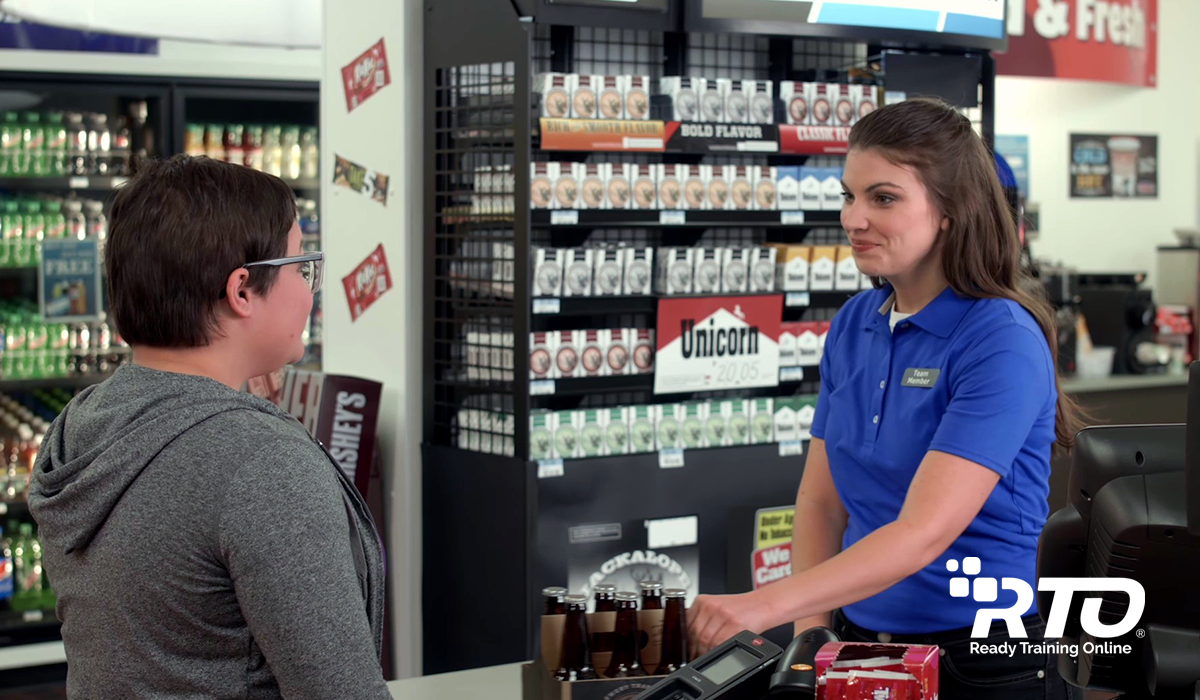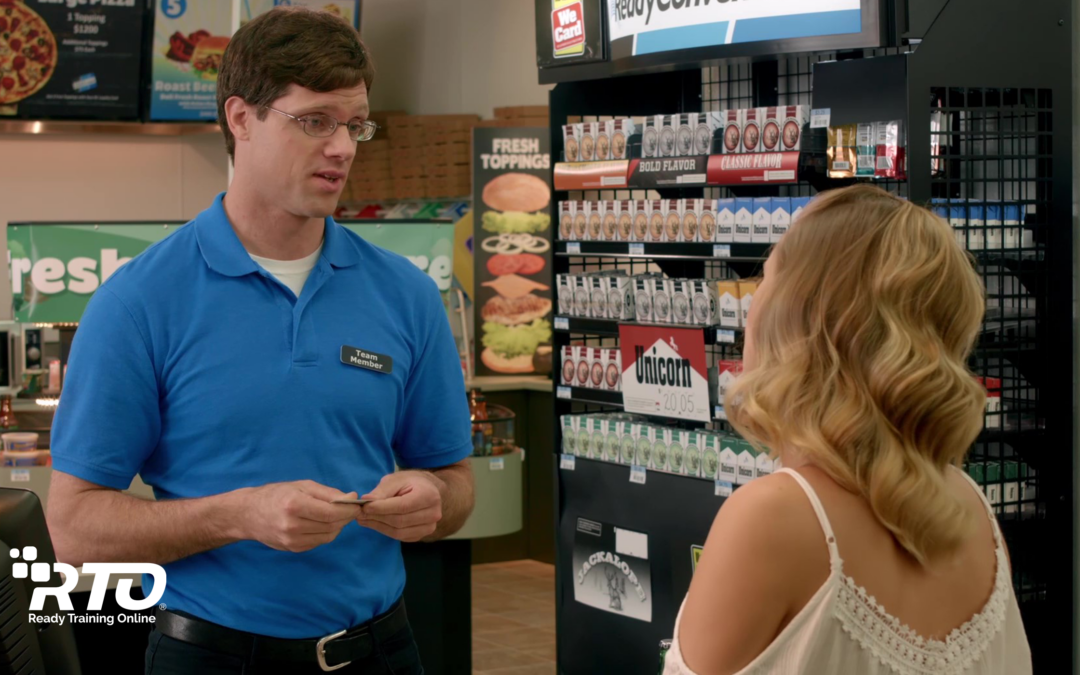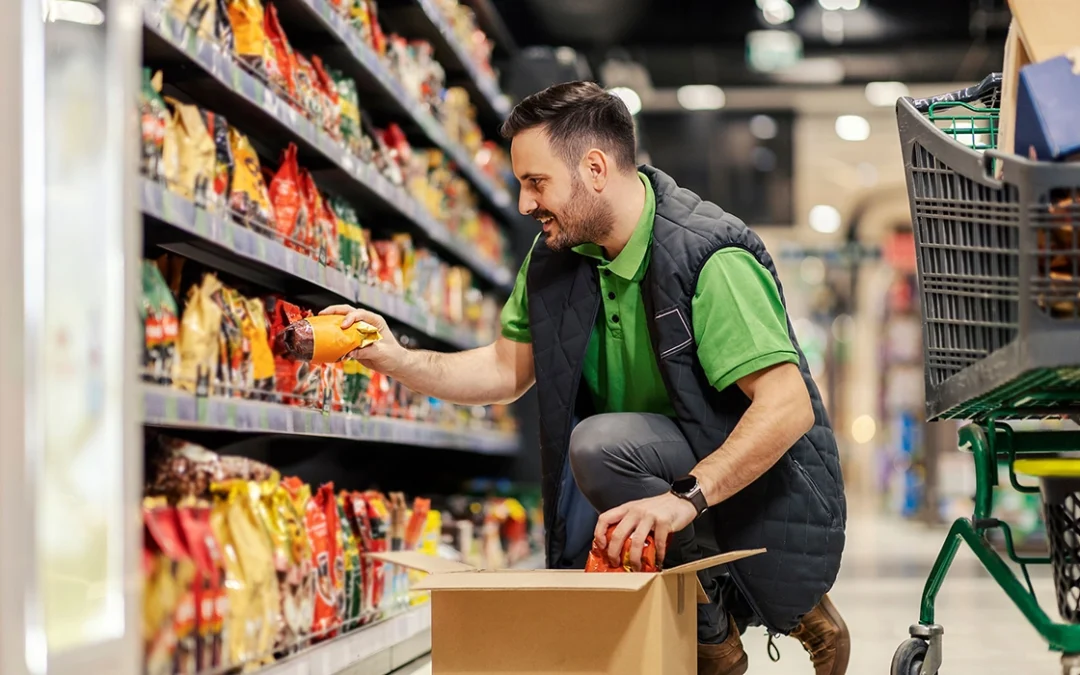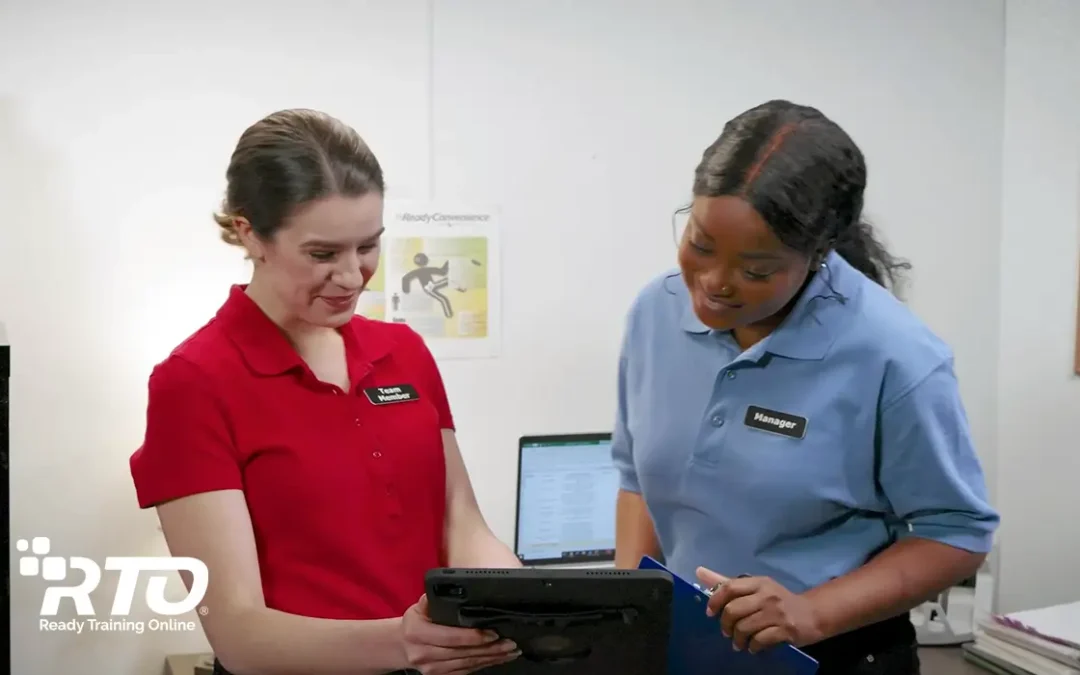While your convenience store may only sell alcohol for off-premise consumption, you and your team still have an important responsibility to help prevent drunk driving. If you sell to an intoxicated customer, that alcohol could lead to devastating consequences and potential loss of life.
In 2019, 11.2% of all US residents over the age of 16 drove under the influence of an intoxicating substance at least once. The end of the year is fast approaching, and with it two of the most dangerous holidays when it comes to intoxicated driving – Christmas Eve and New Year’s Eve. In December 2018, 839 people died in alcohol-related crashes. To raise awareness of the dangers of impaired driving this time of year, December is known as National Impaired Driving Month.
Although customers are not consuming alcohol at your convenience store, it is still your responsibility to refuse sales to intoxicated customers. In addition to legal consequences, many states have “dram shop” laws that allow victims of drunk driving incidents to hold retailers accountable for the actions of intoxicated customers. If you sell to an already intoxicated customer, you and your manager can be held personally liable.
It is illegal to sell to intoxicated customers. To protect yourself, your store, and your customers, always err on the side of caution if you suspect a customer may be intoxicated. Laws and legal precedent are always evolving on this issue. In fact, a court in New Mexico recently ruled that a convenience store could be held responsible for selling gas to an intoxicated customer who was later involved in an accident. This could open the door for similar lawsuits in the future, so it’s best to make sure your employees are well-trained on identifying the signs of intoxication as well as refusing alcohol sales when necessary. You don’t want to be unprepared when your store gets a compliance check.
Signs of Intoxication:
- The customer is talkative or has slow or slurred speech.
- They may be loud and boisterous or angry.
- They may be confused or forgetful.
- They may stumble, sway, or drop things.
- They may be careless with money.
- They might have bloodshot, glassy, or droopy eyelids, look disheveled or be unkempt.
Steps for Dealing with Intoxicated Customers:
- Greet every customer: Always greet the customers walking into your store. How a customer reacts to your greeting could be the first sign a customer is intoxicated.
- Be vigilant: If you suspect a customer has been drinking, keep an eye on them and see if they appear to be purchasing alcohol.
- Engage the customer: If they do attempt to purchase alcohol, engage them in conversation to try to assess their intoxication level. Ask them friendly questions such as where they’re coming from and what they’ve been doing. Their ability to answer the questions, as well as reaction time and coordination while getting their ID, will provide you with more information.
- Refuse the sale: If you suspect a customer is intoxicated based on your observations and interactions, you must refuse the sale of alcohol.
Responsible Alcohol Sales Training for Employees
Online Responsible Alcohol Sales and Service training from Ready Training Online covers properly checking ID, spotting fake IDs, and refusing alcohol sales while delivering exceptional service. State-specific training for certain states is also available, including California Responsible Beverage Service and the Florida Security, Tobacco Sales, & Alcohol Responsible Vendor program.





